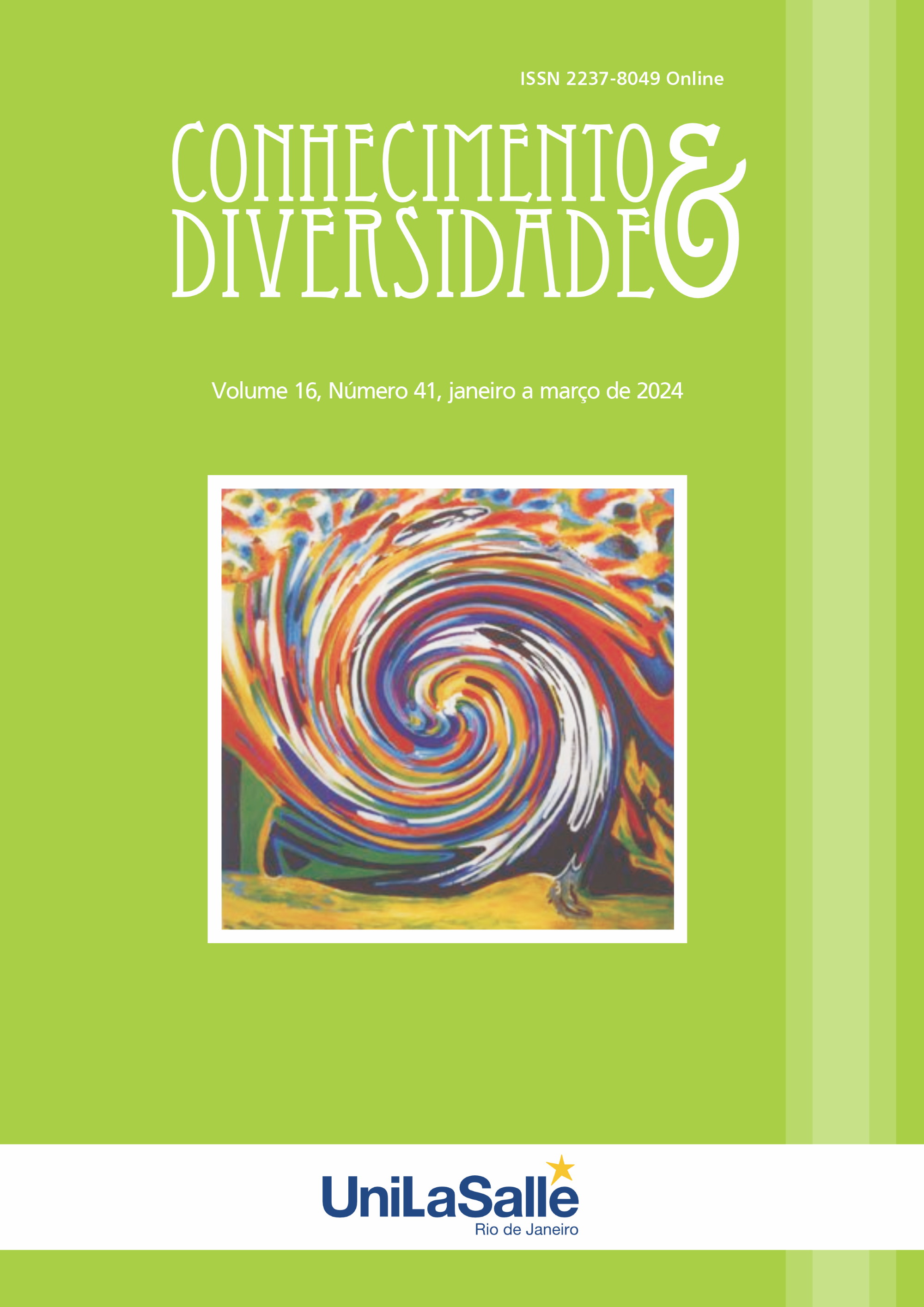EMPLOYERS’ EXPECTATIONS AND LEARNERS’ PERCEPTIONS OF SKILLS AND KNOWLEDGE OF ACCOUNTING-AUDITING GRADUATES IN VIETNAM
DOI:
https://doi.org/10.18316/rcd.v16i41.11468Keywords:
Accounting, Auditing, Gap, Expectations, Skills, KnowledgeAbstract
In the context of integration and globalization, the increasing labor market makes recruitment demand increasingly large, requiring quality inputs, especially in popular and necessary industries such as accounting and auditing. The transition from a learning environment to a workplace becomes even more difficult not only for students but also for businesses in the recruitment process. Graduates must identify knowledge and professional skills to be able to meet the requirements of employers. The study aims to explore the gap between employers’ expectations and learners’ perceptions of the knowledge and skills of accounting and auditing graduates. Research using qualitative methods combined with quantitative methods presents the preliminary results of the survey using questionnaires and surveys with 235 students in accounting and auditing at universities of economics and 157 employers in Hanoi, Vietnam. The results from Indenpent-Samples T Test showed that there was a significant gap between the employers’ expectations and the learners’ perceptions, these knowledge and skills need to be improved to ensure that accounting and auditing graduates can complete and meet the requirements of future jobs.
References
Atanasko Atanasovski, Zorica Bozhinovska Lazarevska, (2018), “Accounting Students’ and Employers’ Perceptions on Employability Skills in the SEE Country”.
Bình Bùi and Brenda Porter, (2010), “The Expectation-Performance Gap in Accounting Education: An Exploratory Study”.
Botes, V. L., (2009) “The perception of the skills required and displayed by management accountants to meet future challenges”.
Jackling, B., & de Lange, P., (2009), “Do accounting graduates' skills meet the expectations of employers? A matter of convergence or divergence. Accounting Education: An International Journal”, 18(4-5), 369-85.
Juliana Anis Ramli, Khairul Nizam SurbainiZulkifli Zainal Abidin, Mohd Rizuan Abdul Kadir, (2013), “Examining Pre-Internship Expectations among Employers on the Students' Characteristics and Internship Program: The Empirical Study of Malaysian Government-Linked Company's University”.
Low, M., Samkin, G. & Liu, C, (2013), “Accounting Education and the Provision of Soft Skills: Implications of the recent NZICA CA Academic requirement changes”. E-Journal of Business Education & Scholarship of Teaching, 7(1), 1- 33.
Mai Thi Quynh Lan, (2018), “Skill Gap from Employers’ Evaluation: The Case of Graduates from Vietnam National University, Hanoi”.
Marshall, P., Dombroski, R., Garner, R., & Smith, K., (2010), “The accounting education gap”. CPA Journal, 80(6), 6-10
Marie H.Kavanagh and Lyndal Drennan, (2008), “What skills and attributes does an accounting graduate need? Evidence from student perceptions and employer expectations”.
Mary Low, Vida Botes, David Dela RueJackie Allen, (2016), “Accounting Employers’ Expectations - The Ideal Accounting Graduates”.
Mohammed Getahun và Deresse Mersha, (2020), “Skill gap perceived between employers and accounting graduates in Ethiopia”.
Mohamed Faker Klibi và Ahmed Atef Oussii, (2013), “Skills and Attributes Needed for Success in Accounting Career: Do Employers’ Expectations Fit with Students’ Perceptions? Evidence from Tunisia”.
Sunisa Thatong, (2016), “Accounting Graduate Employers’ Expectations and the Accounting Curriculum: The Case of Thailand”.
Yasin, M.M., Bayes, P.E. and Czuchry, A.J, “The Changing Role of Accounting in Supporting the Quality and Customer Goals of Organizations: An Open System Perspective”, International Journal of Management, 22, 323-331, 2005.
Yee Ting Ngoo, Kui Ming Tiong, Wei Fong Pok, (2015), “Bridging the Gap of Perceived Skills between Employers and Accounting Graduates in Malaysia”.
Downloads
Published
Issue
Section
License
Copyright (c) 2024 Nhinh Nguyen Thi, Trang Tran Ngoc

This work is licensed under a Creative Commons Attribution 4.0 International License.
As recommended by the Public Knowledge Project, RCD adopts for its articles a CREATIVE COMMONS Attribution CC BY 4.0 license.
This license allows others to distribute, remix, adapt and build upon your work, even commercially, as long as they credit you for the original creation.
This is the most appropriate license offered.
Recommended for maximum dissemination and use of licensed materials.



